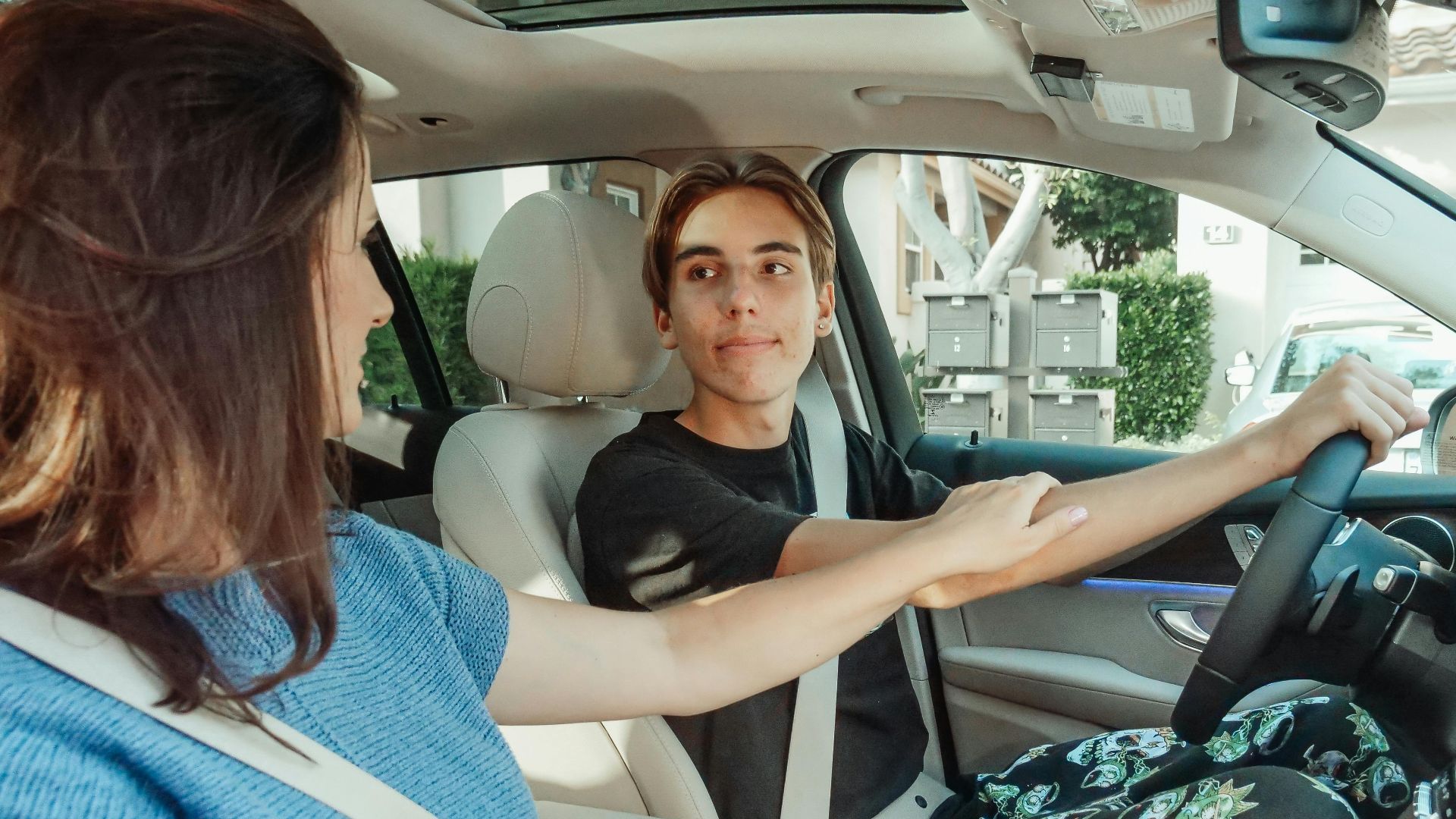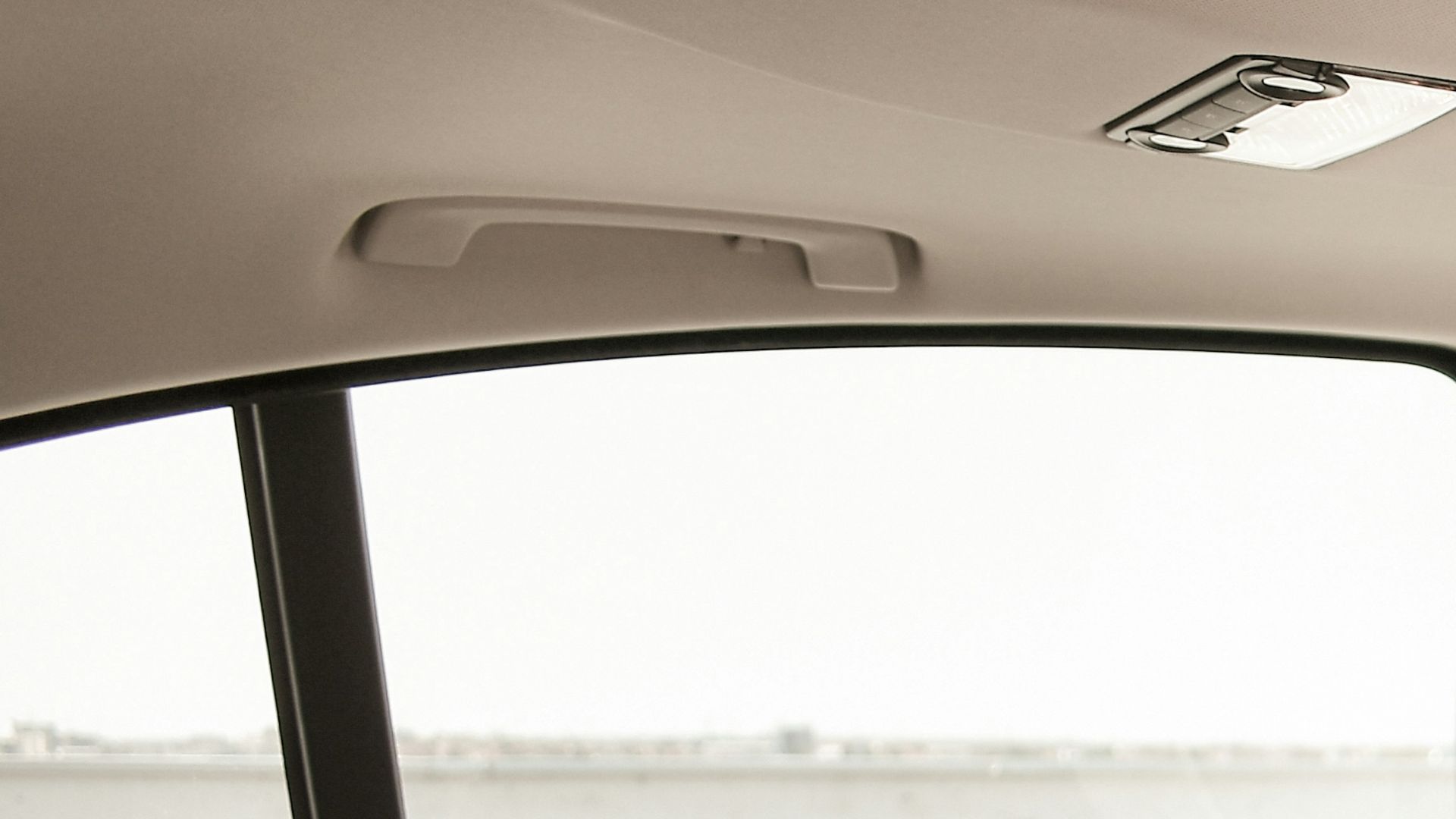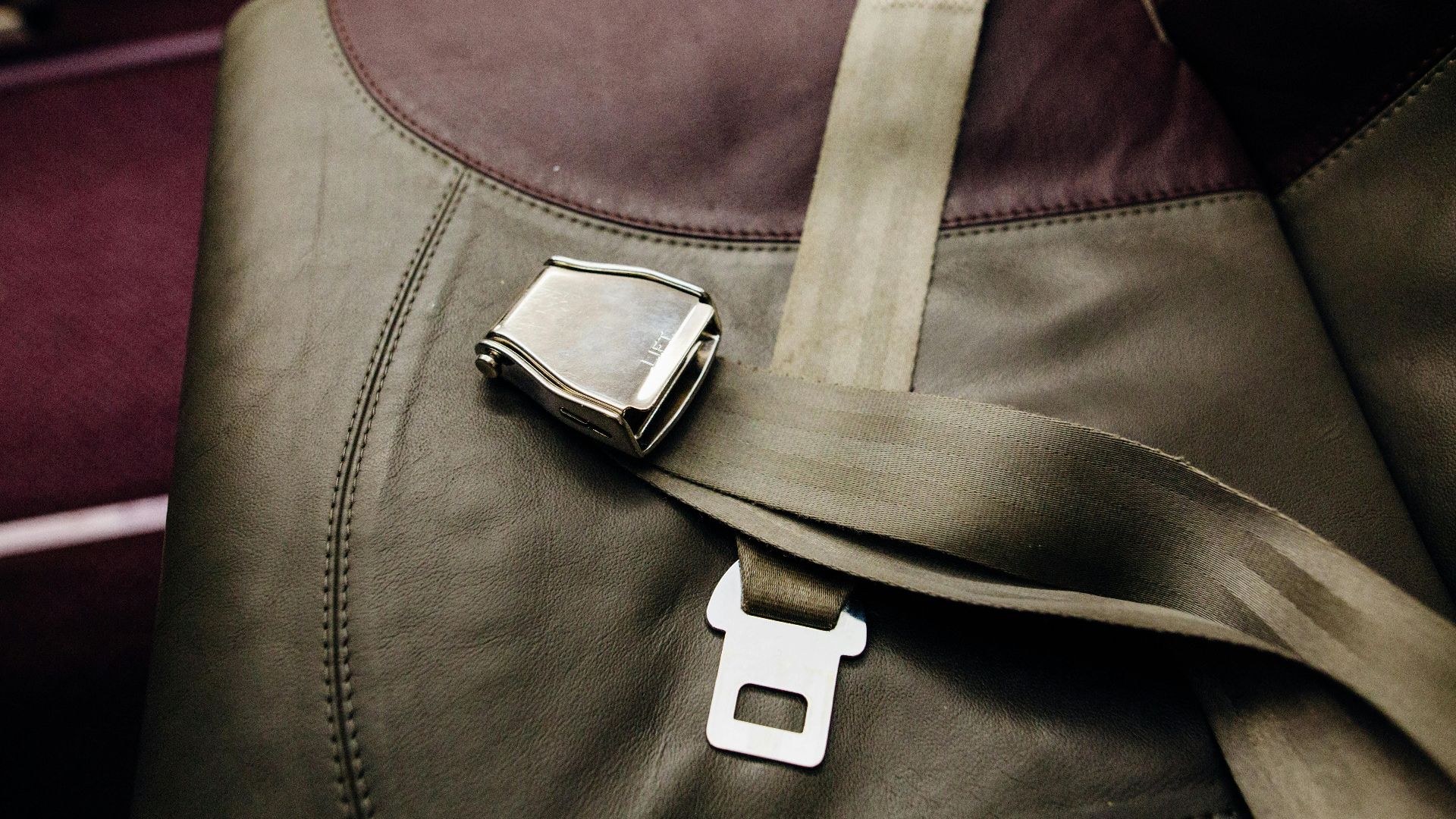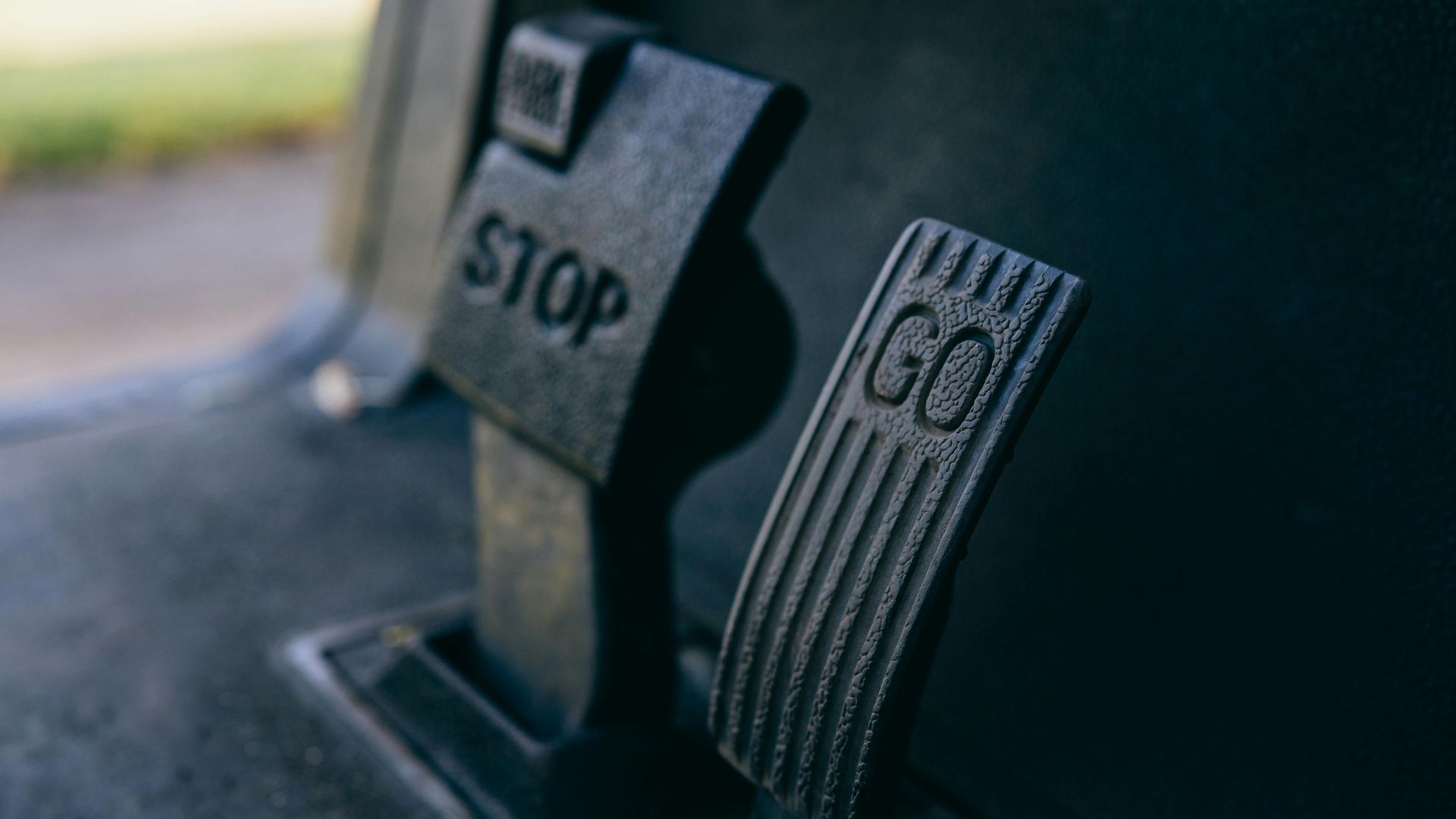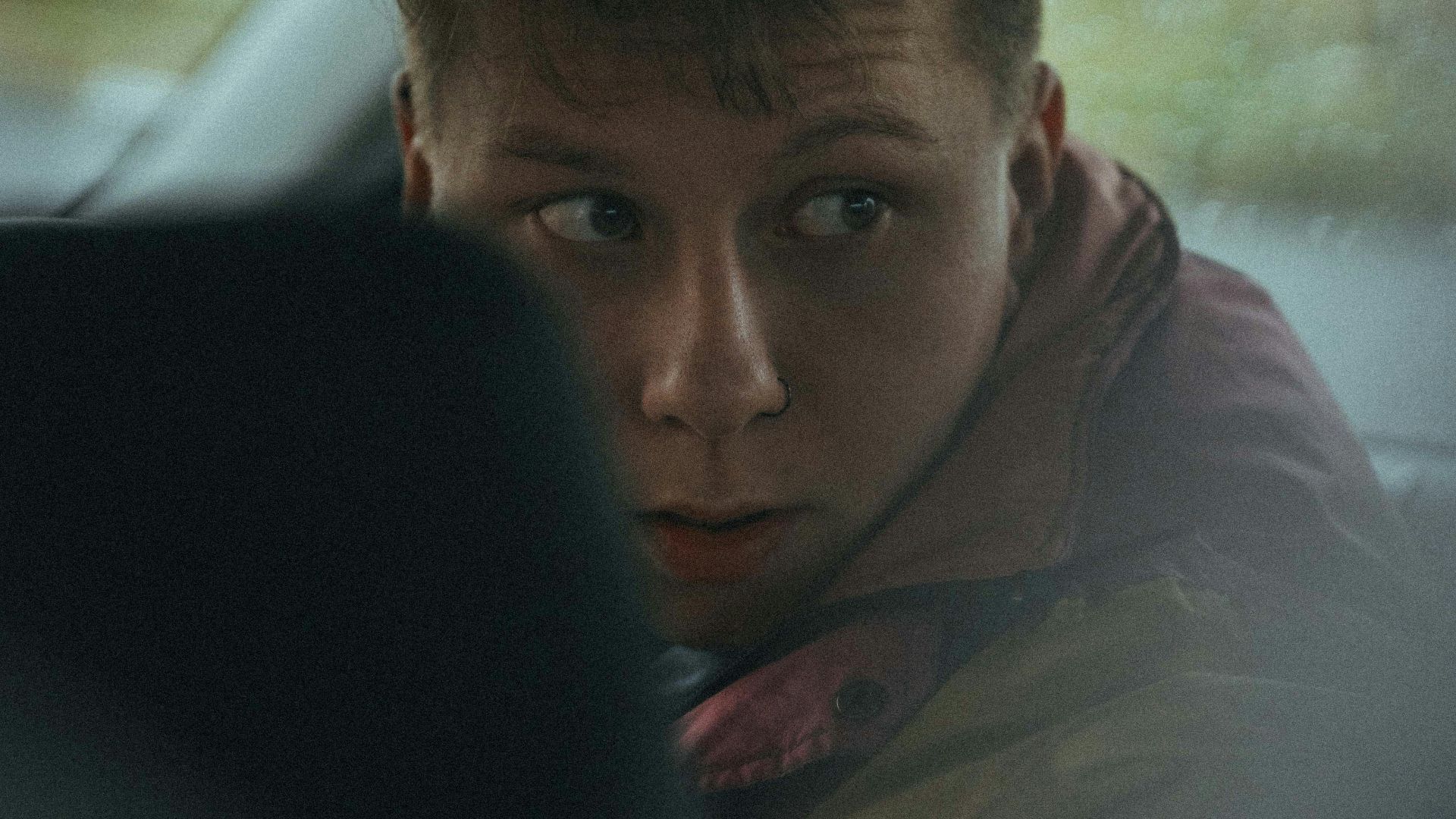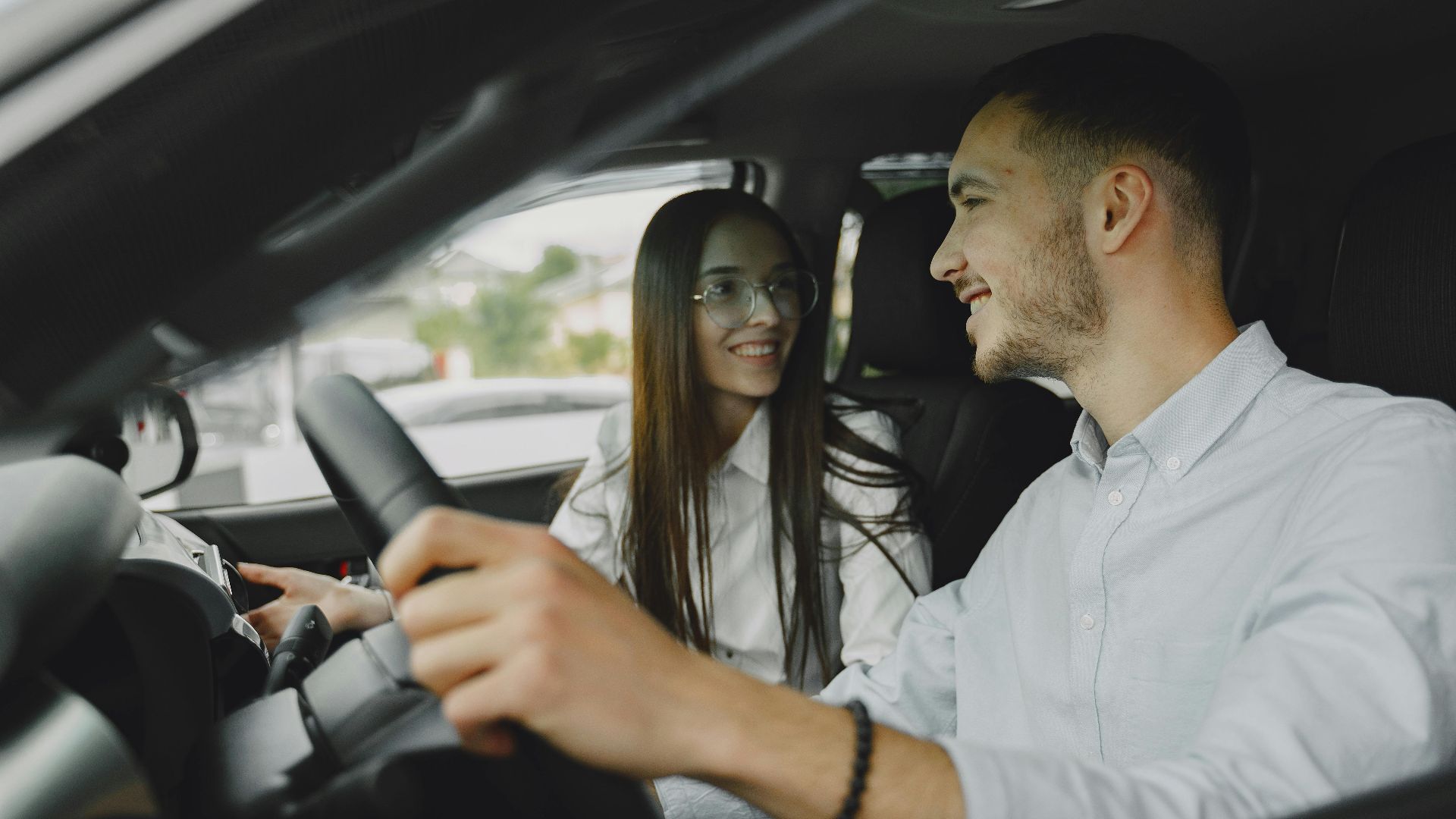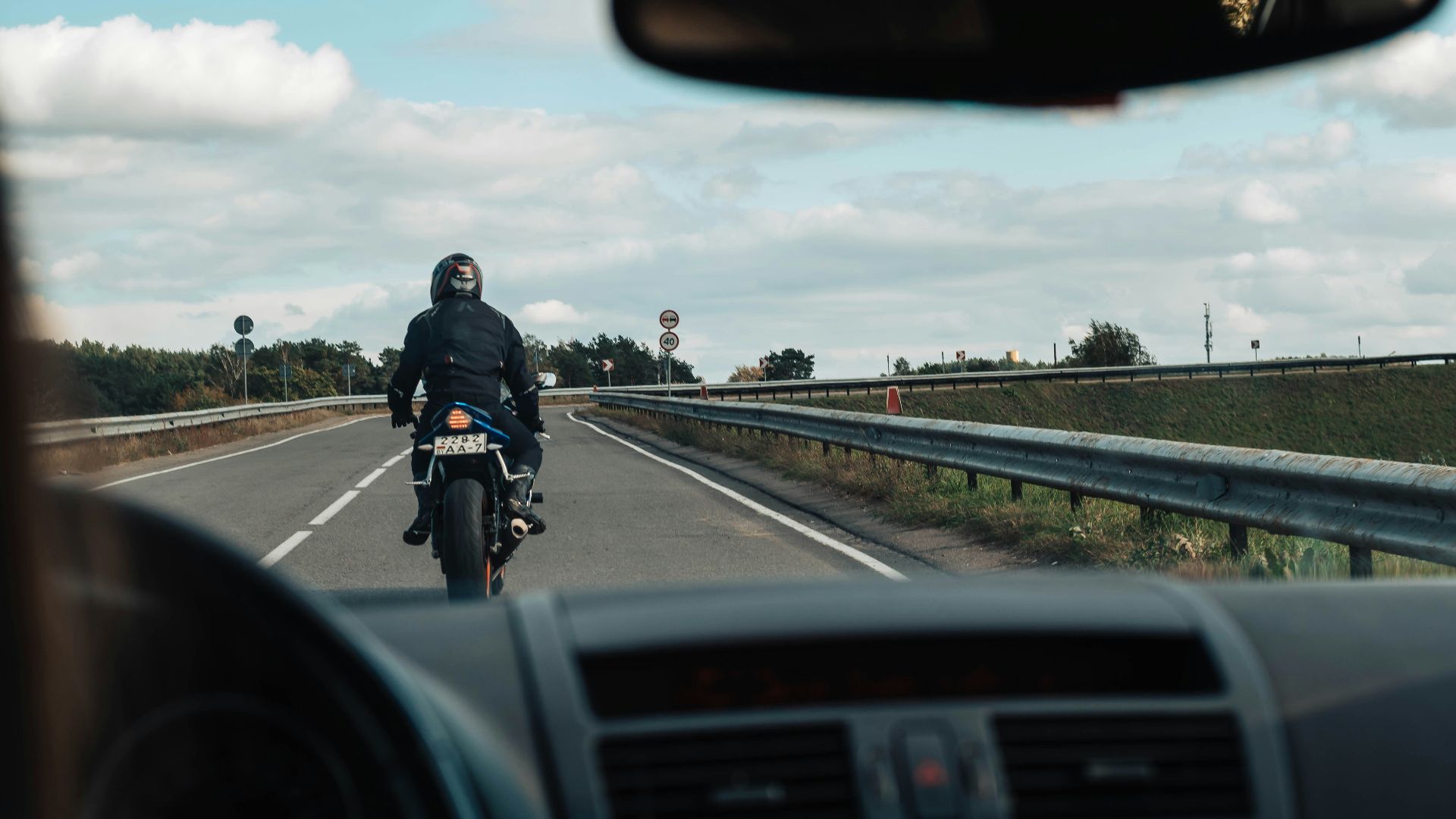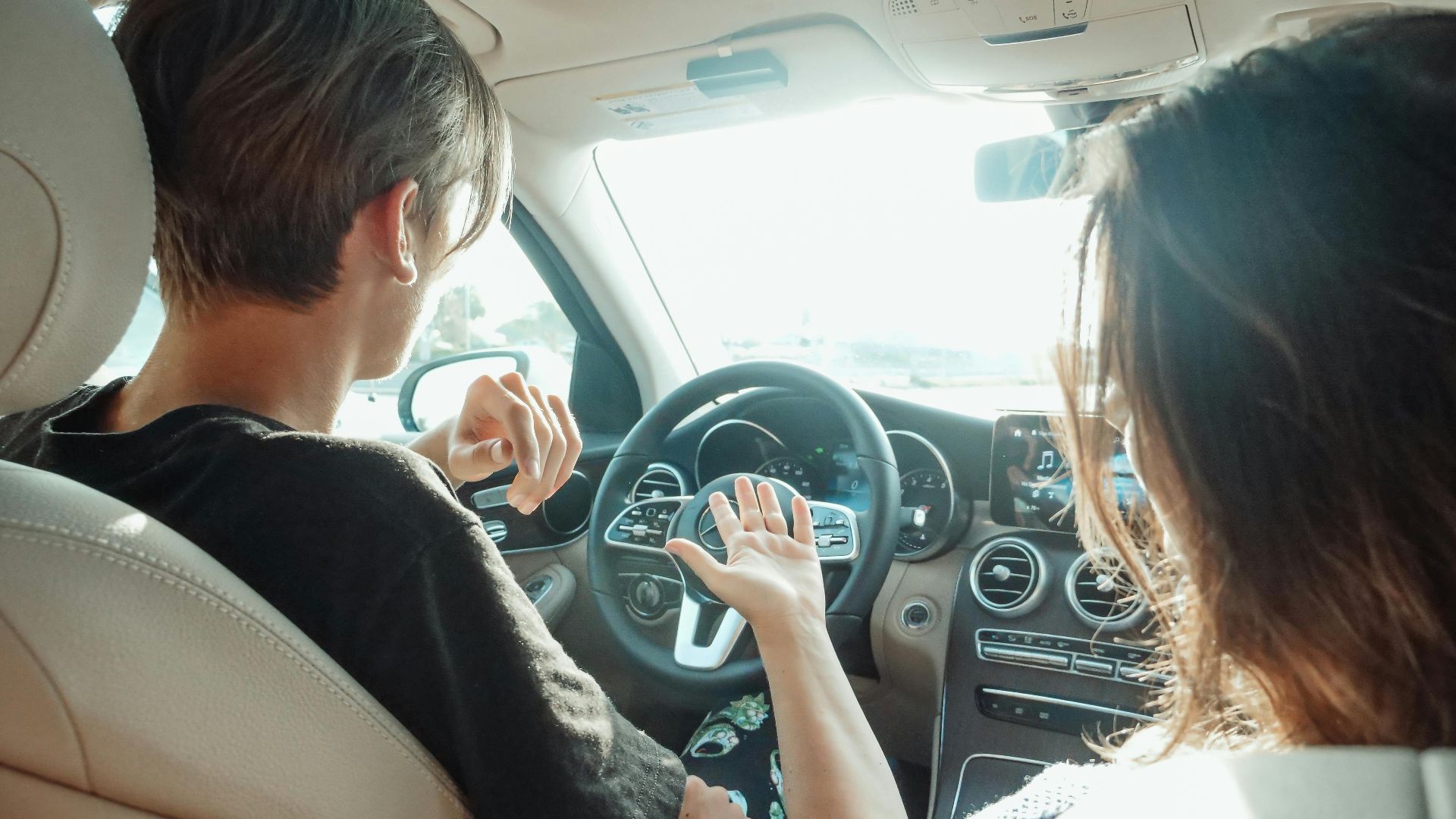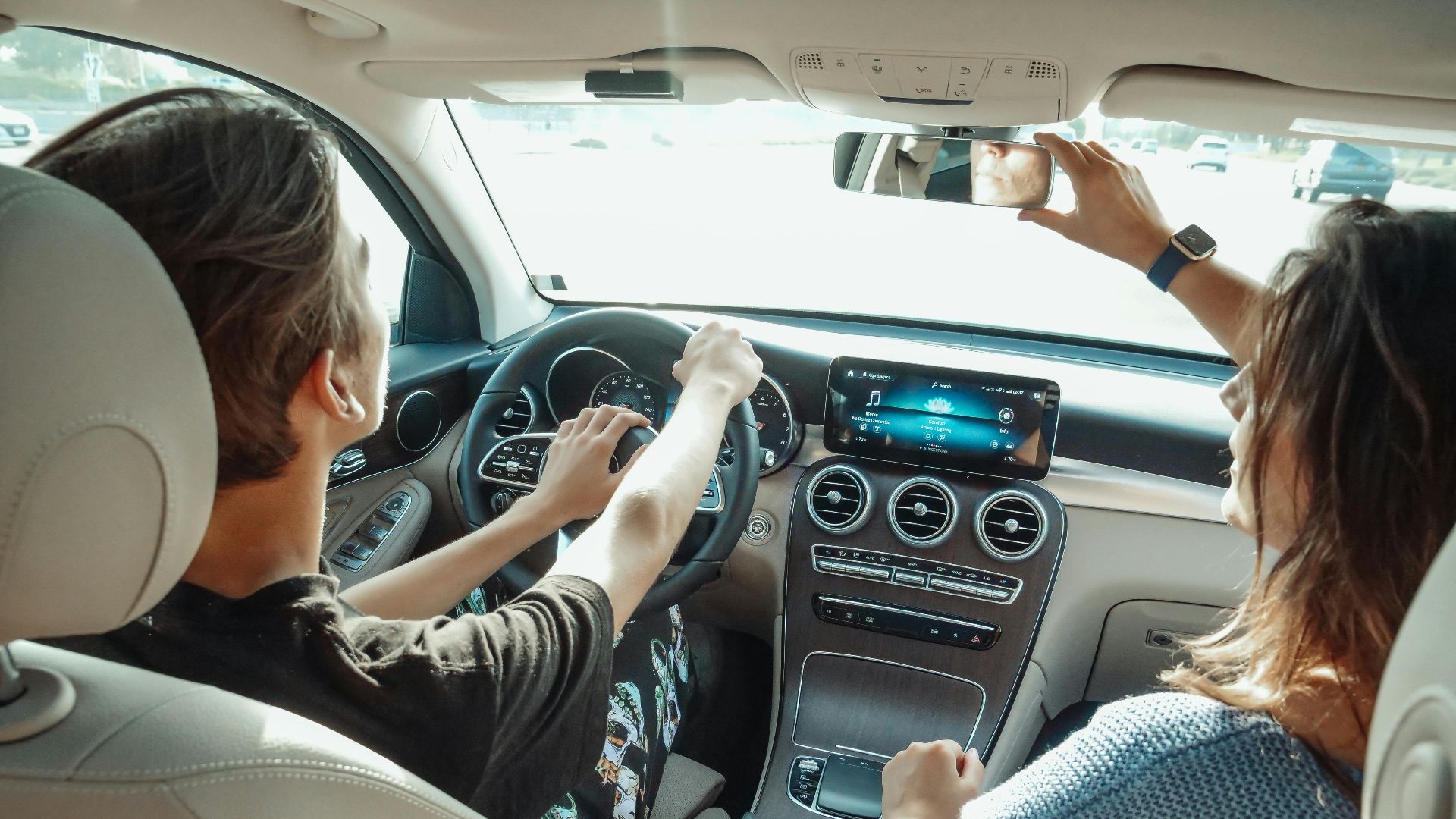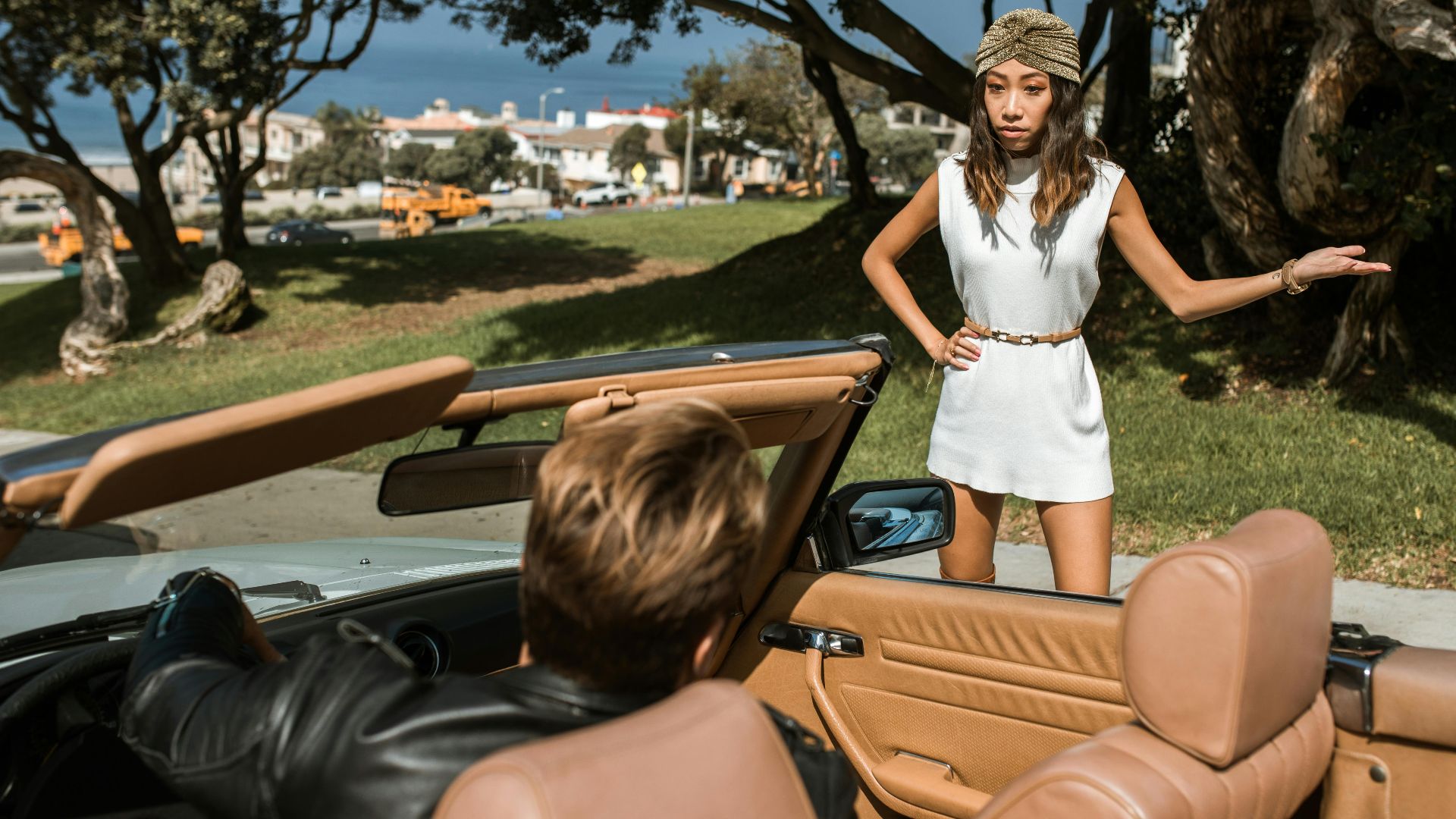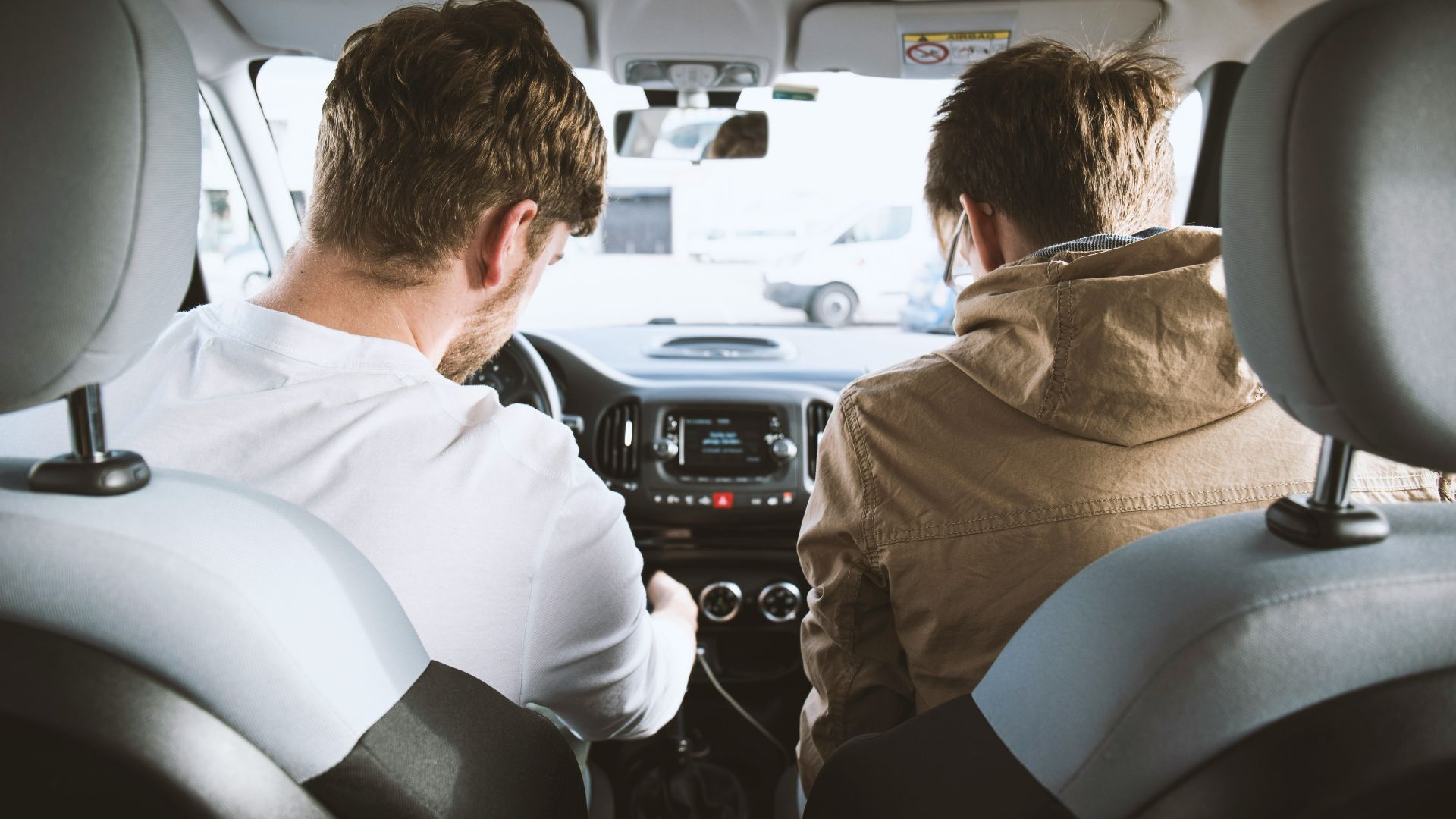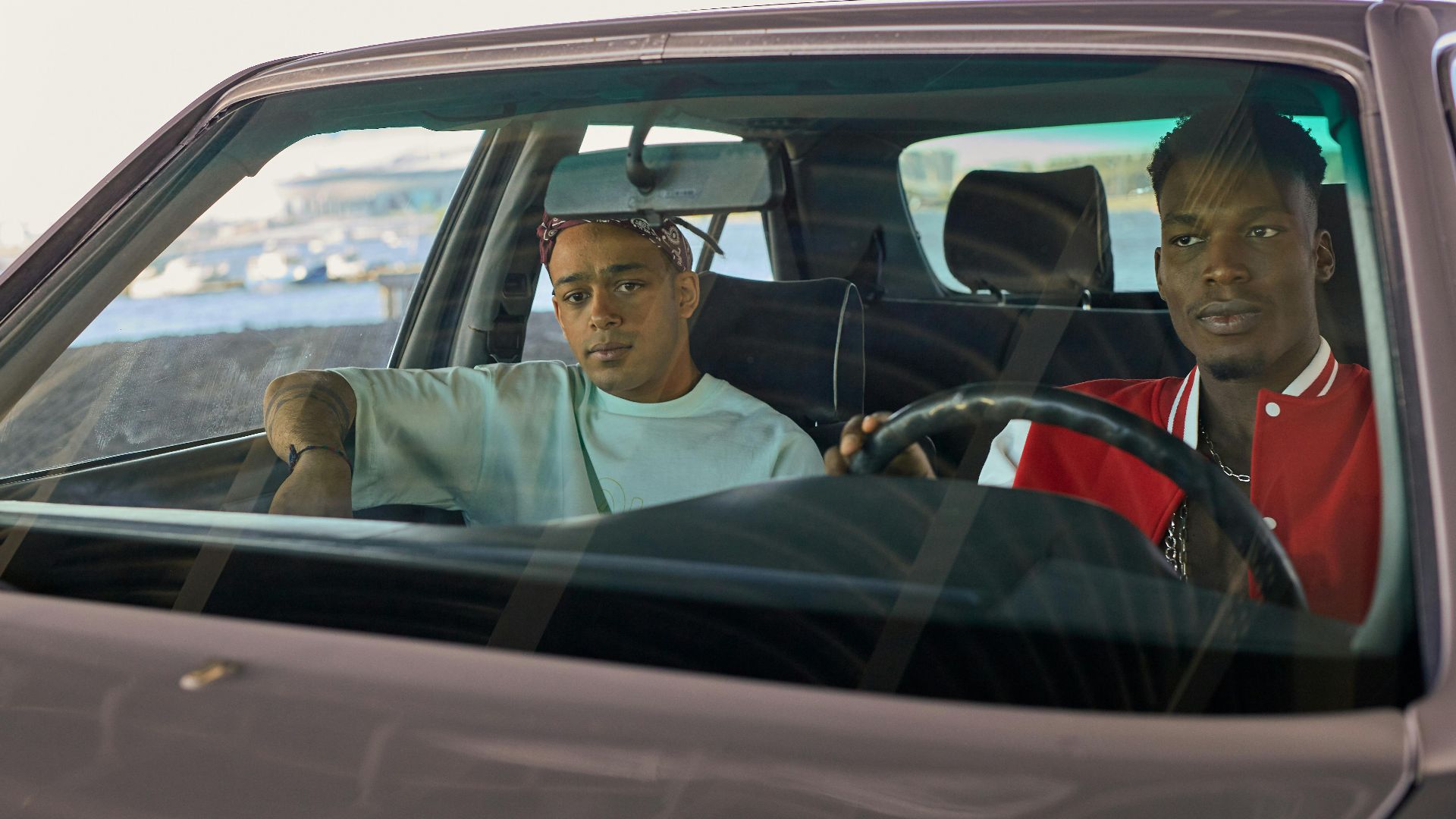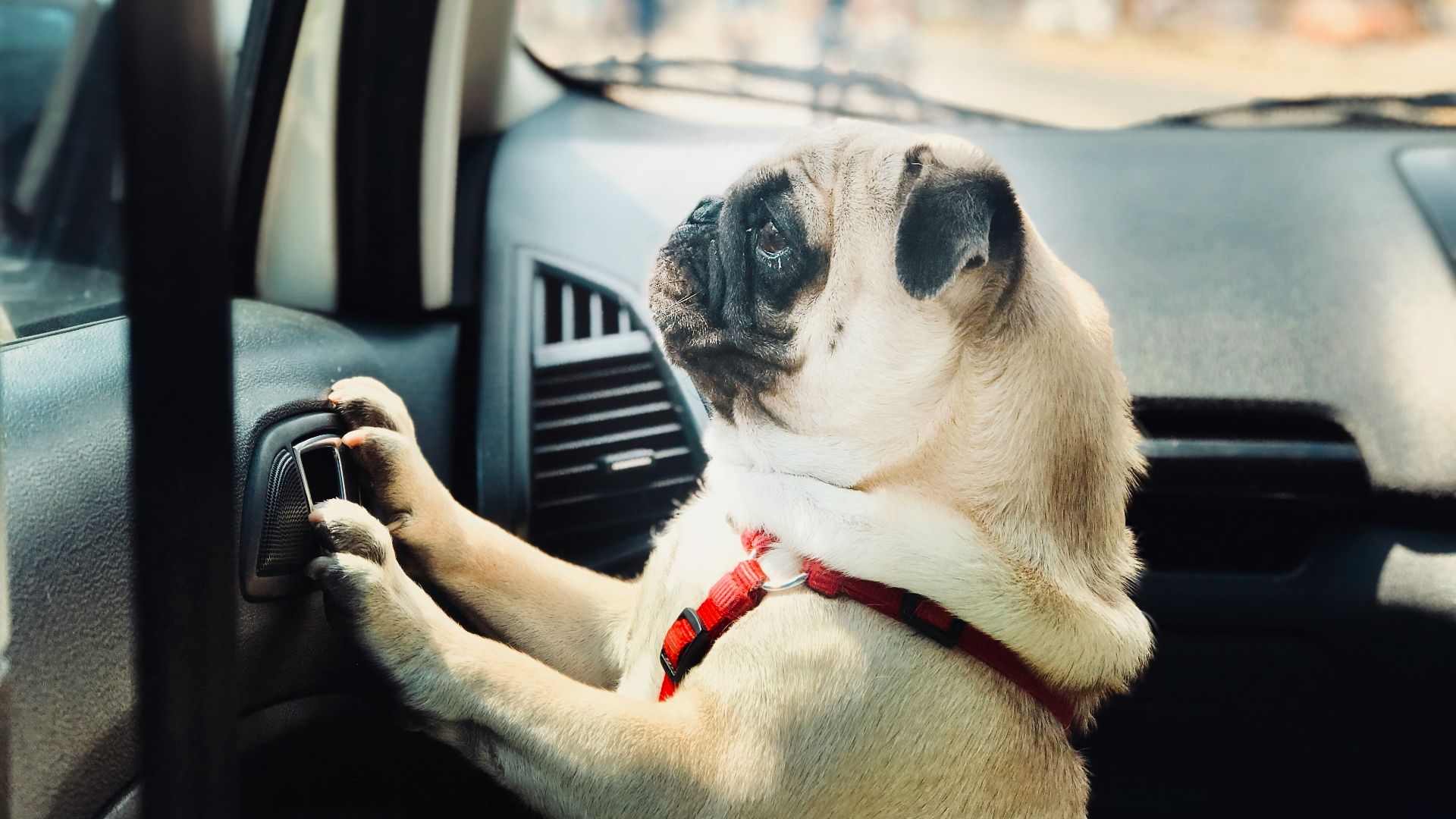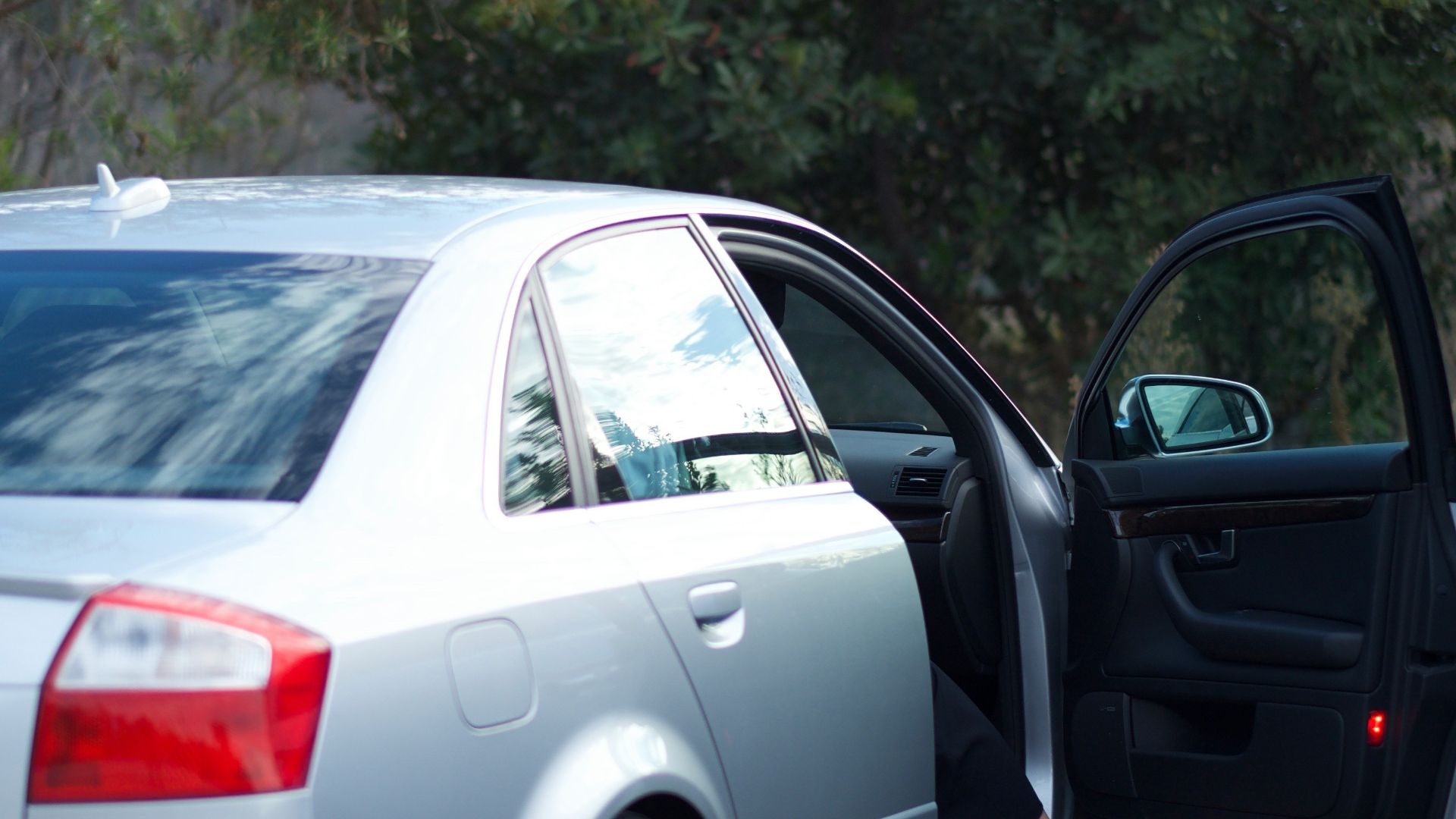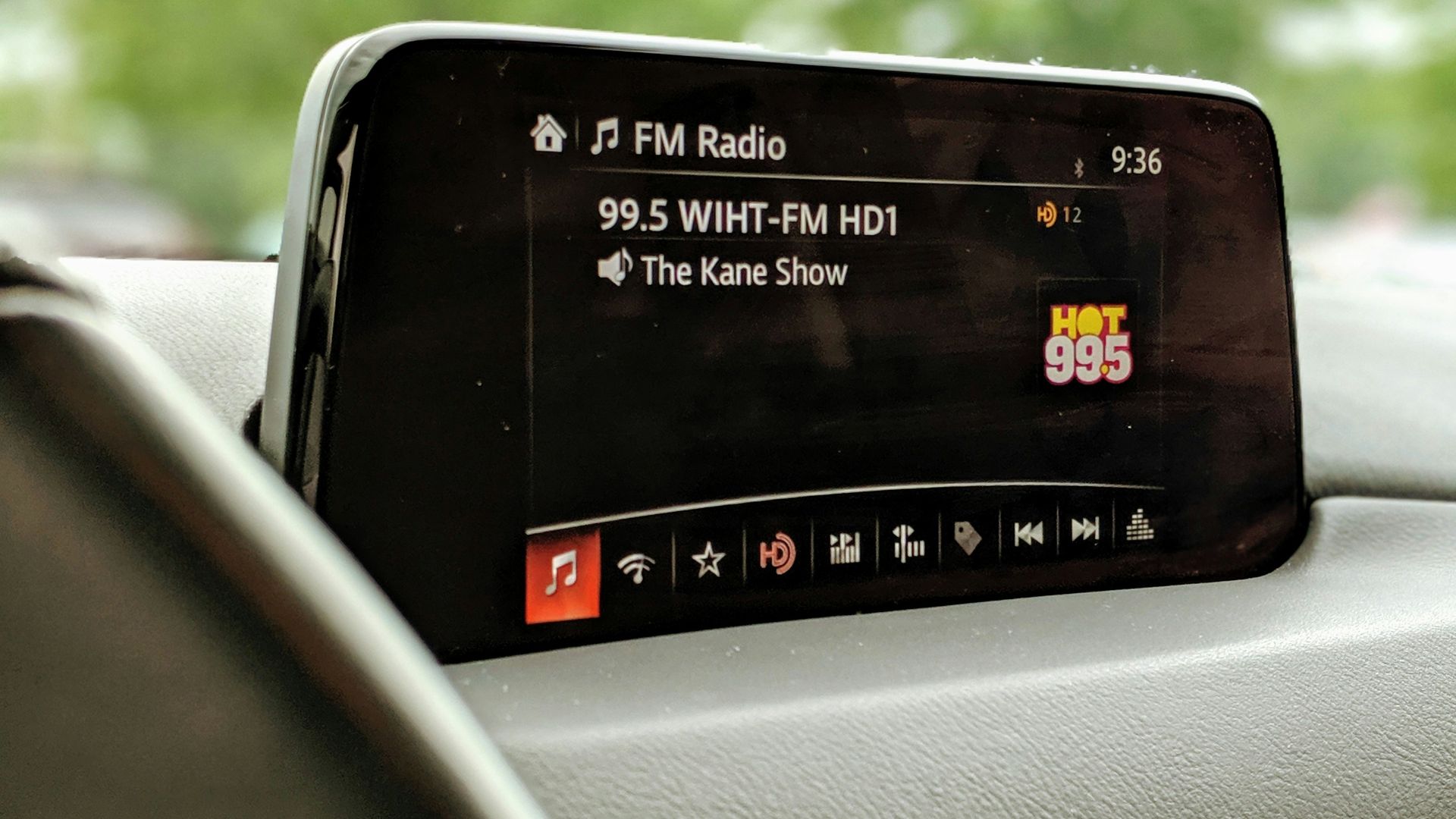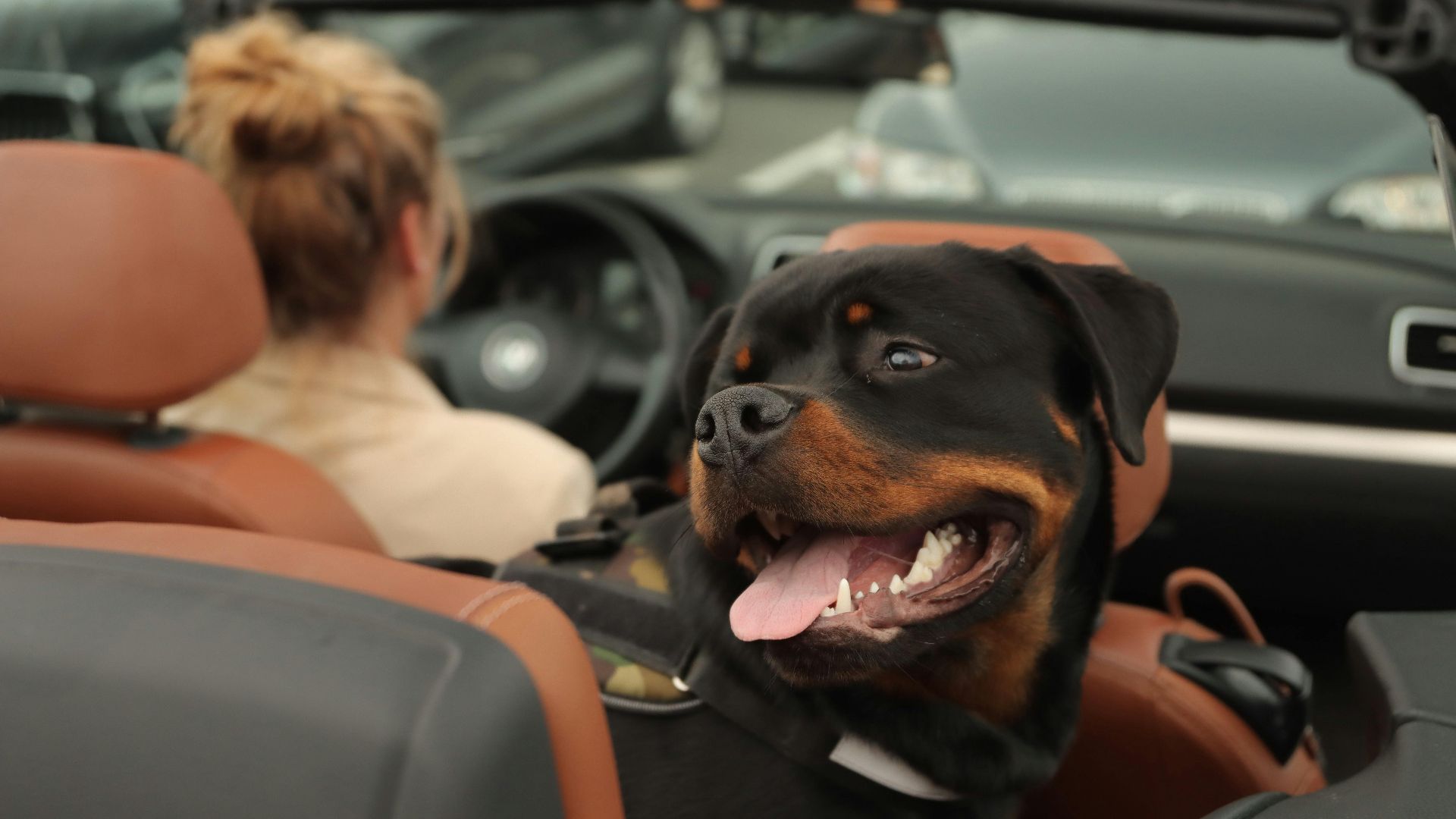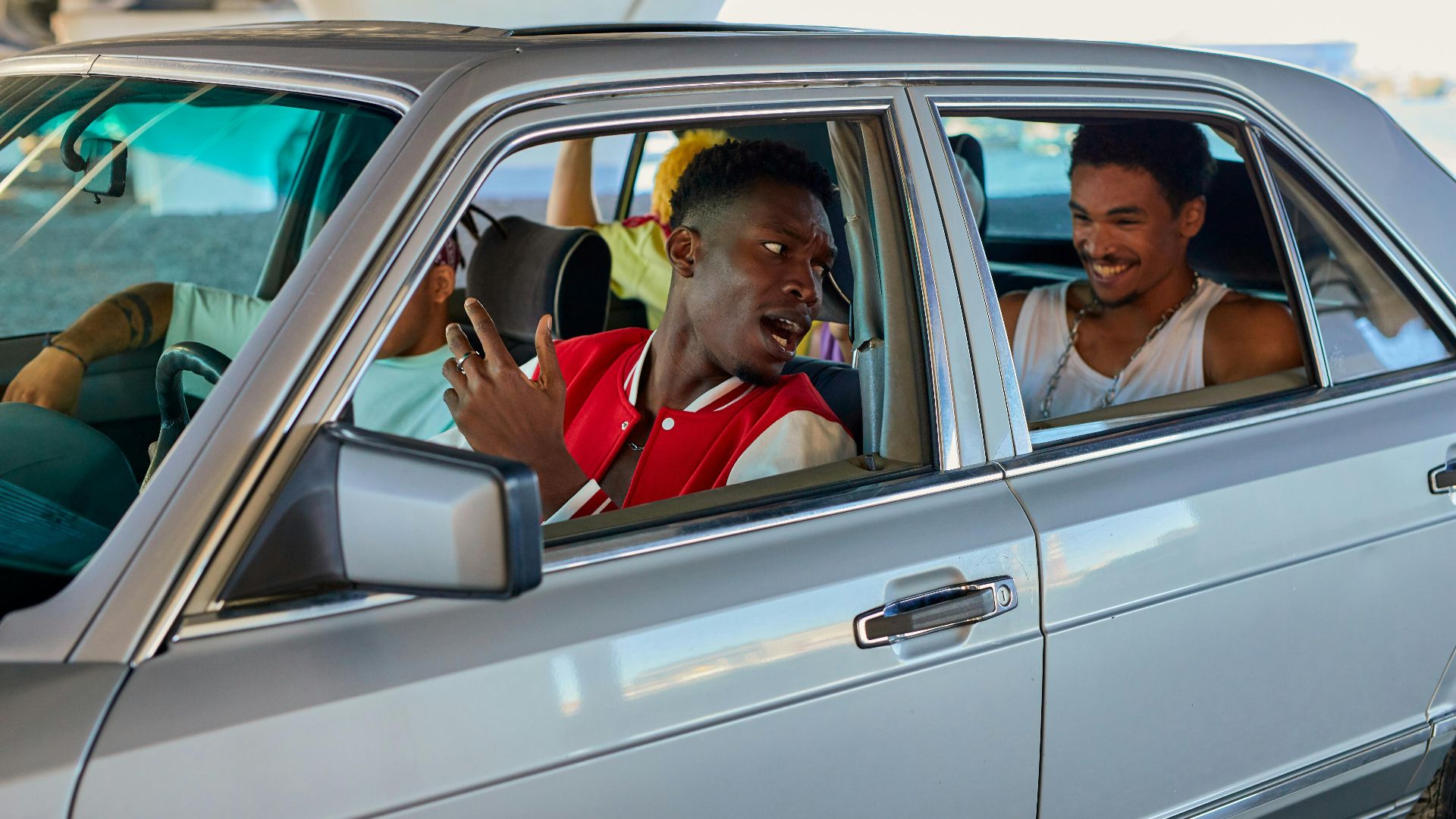Is Your Driving Making Them Nervous?
Most drivers like to think they're great behind the wheel, and you're probably no different. But if you asked your passengers, you might get some mixed responses. If your friends or family often mimic braking for you or shout out driving advice, it's probably because your driving makes them uneasy—even if they don't say it outright. Wondering if you might be the villain behind the wheel? Here are 20 signs your passengers don't feel safe in your car.
1. White-Knuckling the Grab Handles
If your passengers are white-knuckling the overhead grab handles every time they get in your car, it's a clear sign that they're probably not too fond of your driving skills (or lack thereof). Good drivers shouldn't make passengers feel like they need to grip something for extra safety.
2. Clutching Seatbelt
Another thing your passengers might do when they feel unsafe in your car is grip their seatbelts. Technically, this doesn't increase their safety and can actually be counterintuitive, given that seatbelts are designed to fit snugly over your chest and hips, but alas.
3. Mimicking Slamming the Brakes
Do you tailgate other cars often? Do you speed a lot? Do you brake at the last second before you possibly collide with something or overshoot the intersection? If you answered yes to any of these questions, it's probably why your passengers mimic slamming on the brakes for you.
4. Constantly Scanning Surroundings for You
Another telltale sign that your passengers don't feel safe in your car is when they're constantly helping you scan your surroundings instead of sitting back and relaxing. Every time you shift your gears into reverse, every time you change lanes... they're already craning their head to do the visual checks for you.
5. "Are You Sure You're Okay?"
How can you tell if your passengers feel unsafe under your care? When they bombard you with questions to confirm your capabilities. They might ask, "Are you sure you're okay?" every time you're about to drive somewhere new or make a complicated maneuver.
6. Reminding You About Everything
It's just that your passengers constantly check in on you to make sure you're not about to run your car off the road—they're reminding you about everything. Did you do your shoulder checks? Do you see that cyclist down the street? That little girl playing on the driveway? When they don't feel safe, they'll always make sure they're 10 steps ahead of you.
7. Throwing Out Unsolicited Advice
How many times are your passengers throwing out driving advice without you asking for it? Whether it's "slow down" or "you can't change lanes here," if they're always offering suggestions like a driving instructor, it's probably because they feel like they have to.
8. Giving You Instructions
More than just giving you advice, passengers who feel unsafe in your car may start listing out actual instructions. Fix your mirrors. Turn here. Stop before the white line. Let this pedestrian go first. They might feel that if they can tell you exactly what you need to do, it'll better guarantee their safety.
9. Nervous Laughter
Some passengers aren't as bold, especially if they don't want to hurt your feelings. So, what do they do instead? They might squirm in their seat every time you speed up or brake suddenly, or laugh nervously when you claim you're a great driver. (Spoiler alert: they don't agree.)
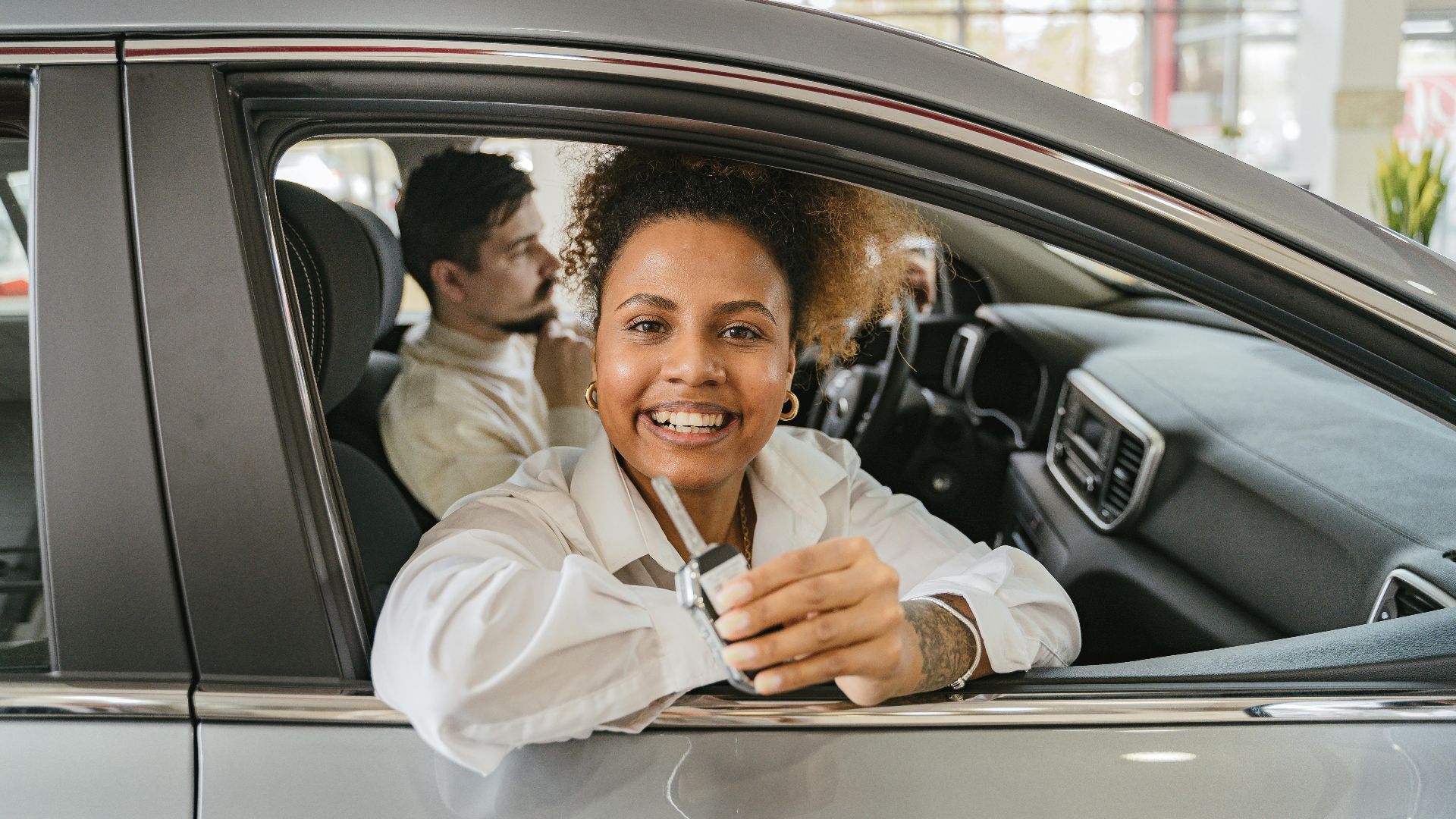 Antoni Shkraba Studio on Pexels
Antoni Shkraba Studio on Pexels
10. Cracking Jokes to Ease Tension
More than just breaking into nervous laughter, some passengers might even crack jokes to cover up how tense they feel to be in your car. Does this sound familiar? "Haha, I hope we don't crash before we get there." If you often hear comments like this, your driving is probably making them uneasy.
11. "I Can Walk Instead"
If your passenger would rather walk than ride with you, it's likely because your driving scares them, and they feel safer getting to the destination on foot. Sure, they might phrase it as not wanting you to go out of your way—but let’s be honest, it’s more likely the first reason.
12. Asking to Drive Instead
Some passengers may be more straightforward: they might ask if they can drive instead. Sure, they may phrase it politely so your ego doesn't get bruised, but chances are, they're asking because they don't feel comfortable being driven by you.
13. Hesitate Before Getting in Your Car
If your passengers hesitate before getting in your car, it's probably because they're mentally debating whether or not they'll come back in one piece. They might even make excuses to avoid riding with you: "I actually have to be somewhere after, so maybe I'll just take the train..."
14. Complaining to Other Friends
Sure, this gossip might not ever make it back to you if they're careful, but if you overhear your friends complaining about your driving skills, there's no room for misinterpretation: your driving makes them feel uneasy. You might want to take a lesson as a refresher, or correct any bad habits.
 Photo By: Kaboompics.com on Pexels
Photo By: Kaboompics.com on Pexels
15. Not Looking Anywhere But the Road
If your passengers aren't looking at their phones or appreciating the scenery outside but staring straight ahead as if they're the ones driving, it's a bad sign. They probably do wish they were the ones behind the wheel, but since they aren't, they're stuck supervising you.
16. Stiff Posture
How are your passengers sitting in your car? Spine ramrod straight, hands clasped in their laps, eyes wide open? If nothing about their body language says relaxed, it's probably because they're not. After all, we're more stiff when we're nervous.
17. Running Out of the Car as Soon as You're There
If your passengers are running out of your car as soon as you get to the destination like they've been set free from prison, it's probably not because they're excited the ride is over—or at least, not in the way you think.
18. Turning the Music Down
Usually, everyone's calling dibs on being the one to control the music as soon as they get into the car. But if your passengers are turning the music down instead of up, it's likely because they need the silence so they can better monitor your driving.
19. Excessive Bracing
Are your passengers tensing up every time you make a turn, change lanes, brake at a red light, or back up? If so, they probably don't feel very safe in your car. After all, good drivers shouldn't make their passengers feel like they need to brace for impact at every move.
20. Telling You Outright
If your passengers are honest, they might even flat-out tell you that your driving makes them uneasy. If they do, don't brush them off—it's a sign you should probably change your habits. Take their feedback seriously and use it as a chance to become a safer driver on the road.


